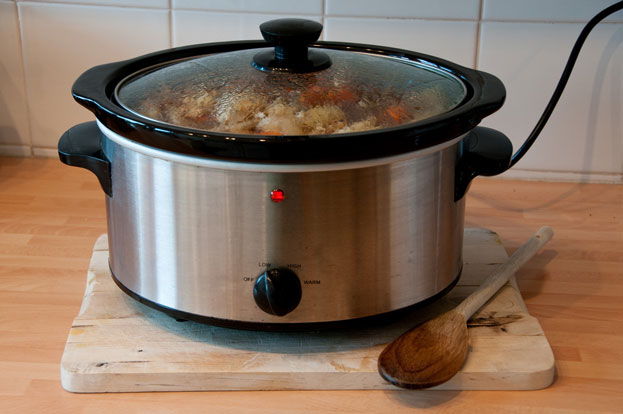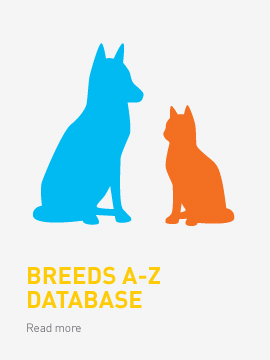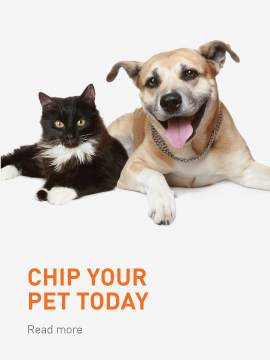For centuries, domestic dogs have lived alongside humans and eaten whatever the humans ate. Contrary to popular belief, dogs have ‘evolved’ as omnivores, unlike their relative the wolf, and are very opportunistic eaters. Before modern times, dogs would live off of scraps from their master’s table and would forage for nutrition in rubbish dumps, in the forest, and even eat from discarded carcasses. Within the last century, dogs became “indoor” pets and began sleeping in our bedrooms. The invention of “dog food” not only made dogs’ diets more nutritionally balanced and consistent, it also made feeding our dogs easier and cheaper. However, commercial diets have also made it easier for us to over-feed our pets and some pet foods are laden with too much fat and even high-fructose corn syrup.
Commercial foods are not entirely bad, as the inclusion of the essential amino acid taurine in all cat foods has virtually eliminated the incidence of taurine-deficiency illnesses. But consumers have become wary of commercial pet foods in recent years, due to endless production issues. These recalls are often due to Salmonella contamination or toxins such as melamine, as seen in 2007 recall in Australia and the USA. The feline version of ‘Mad Cow Disease’ or bovine spongiform encephalopathy (BSE) was seen after cat food was contaminated with prions in the United Kingdom in the 1990s. More recently, the 2013 horse-meat scandal rocked the human food chain within the European Union – human food outlets such as IKEA, Sainsbury’s and TESCO were ‘contaminated’ with horse meat. While horse meat is a delicacy in some cultures on the Continent and some people may be okay with it being fed to their dogs and cats – the problem lies in that the horses may not have been fit for human consumption or the meat was tainted with potentially harmful medications.
Concerned? You’re not the only one
More and more people are becoming aware of these problems within our food chain. The good thing is, you don’t have to participate. Many people have made the shift away from processed foods for both their families and their pets. This means sourcing your meat, dairy, fruits and veg from small producers not far from home. Farmer’s markets and local cooperatives are great places to get started. This “traceability” of the food you and your pet eat will both benefit your waistlines and your peace of mind.
How can I cook for my pet?
You can take the same raw ingredients that you feed your family and turn it into homemade dog or cat food. This does need to be done with care, especially if you have a growing puppy, kitten or a pet with specific health problems. Here is a checklist to get you started:
- Consult with your veterinarian about home cooking for your pet – many have trusted resources available for you
- Ask your veterinarian for a referral to a veterinary nutritionist, especially if your pet has food allergies or another medical issue.
- Do some research – use reputable resources and be careful about recipes you may find online- not all are balanced for every life stage.
- A good starting point – consult with Dr. Susan Wynn’s basic balanced ‘Paleo’ recipe for dogs and cats. Dr. Wynn is a well-respected holistic veterinarian and nutritionist in Atlanta, Georgia, USA. - Invest in an electric “slow cooker” or CrockPot. These allow you to cook for your pet while away from home in large batches – leftover portions can be refrigerated and reheated when needed over the next several days.
- Not all foods are safe for dogs and cats!
- Avocados, chocolate, macadamia nuts, garlic, onions, grapes, etc. are actually TOXIC to cats and dogs and may cause illness or death.
- Before you start cooking – check your ingredients with the toxic plants and foods database with the ASPCA Animal Poison Control website. - Avoid feeding raw diets – raw meats, even ‘organic’, can harbor harmful bacteria such as Salmonella and E. coli. These bacteria can cause severe digestive issues and even death. Thorough cooking will eliminate these bad bugs and cooking also increases digestibility.

Other good resources:
European Society of Veterinary and Comparative Nutrition
World Small Animal Veterinary Association Global Nutrition Committee






